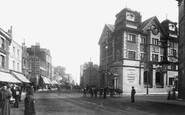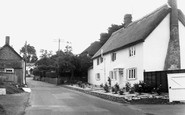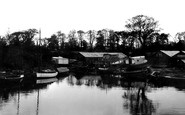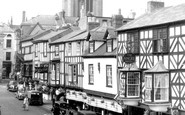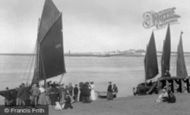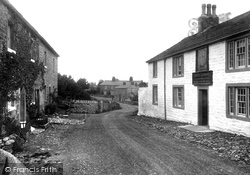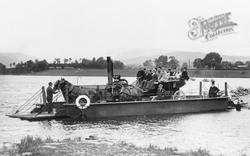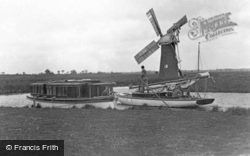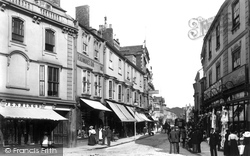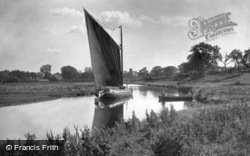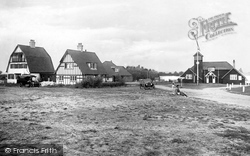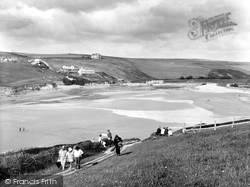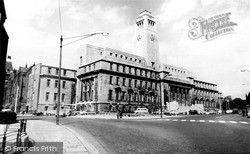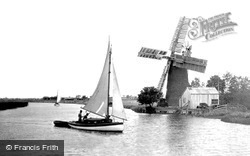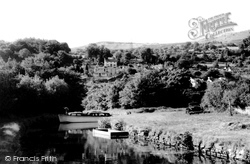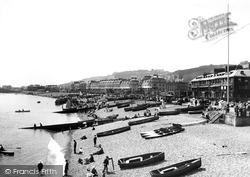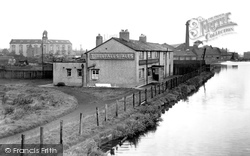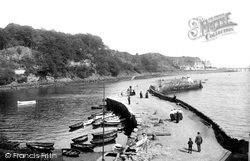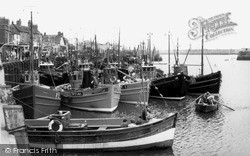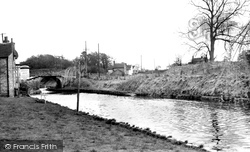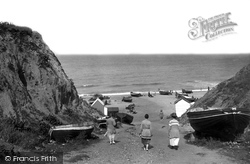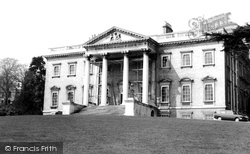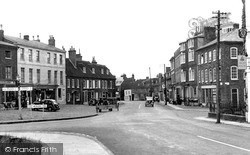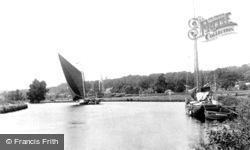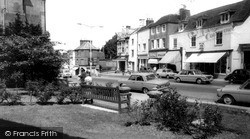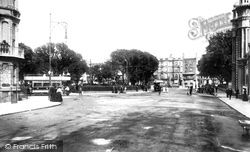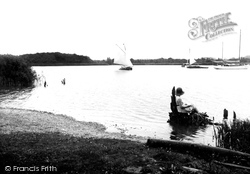Photos
Sorry, no photos were found that related to your search.
Maps
9 maps found.
Books
2 books found. Showing results 409 to 2.
Memories
561 memories found. Showing results 171 to 180.
My Childhood
I lived in Erbistock till the age of 20, that was in 1981 when I emigrated to Australia. My mum still lives there, my dad passed away a couple of years ago, he was born in Erbistock and lived down Groves Lane for nearly 70 years. I ...Read more
A memory of Erbistock by
Milton Barracks
I arrived in Gravesend in mid 1947 as advance party to re-open "Milton Barracks". Our first night out was a walk around King St to see what we could find. It didn't take us long to find the pubs in Gravesend or to find the Prom. ...Read more
A memory of Gravesend in 1947 by
Once An Idyllic Dorset Village.
Since about the 1960s, Child Okeford became a totally different community from the one I first got to know in the early 1930's. The Watts (Harry and Dorothy) had farmed out of Laurel Farm for many decades and ...Read more
A memory of Child Okeford in 1930 by
Cox's Boat Yard
This photo shows Cox's boatyard in late autumn not long after the boat shed on the left had been built. The shed had been part of a wartime camp some where in East Anglia and had been re-erected by the Cox brothers, Lewis and Sonny, complete with American pinups.
A memory of Broads, The by
Schooldays
I went to the High School in Ludlow from 1941 - 49 and then went back to teach there in about 1956. I had a flat in Broad Street just below where this picture stops and used to go to this church of St Laurence on a very regular basis- ...Read more
A memory of Ludlow in 1941 by
School Days
As far back that I can remember, it was the summer of 1934 when I first started school at St Mary's Roman Catholic School in Calcutta Road. I sat next to a friend that I had made (John Toole) Who later in life emigrated to Canada and was ...Read more
A memory of Tilbury in 1930 by
Fleetwood Ferry
My great-grandfather, Thomas Newton Croft, a member of the family that founded the Fleetwood to Knott End ferry, managed it for the local council from c.1896 to his death in 1915. I am told that my grandmother, Alice, used to do ...Read more
A memory of Fleetwood in 1890 by
Boyhood Memories Of The Fish And Eels.
I had great times at the pub boatyard and the surrounding area. In the summer months I would work in the little shop in the boatyard selling fizzy drinks and hiring out the boats and canoes. In between jobs ...Read more
A memory of Hoddesdon in 1967
Stowlangtoft Hall
Typing this memory on behalf of my mother-in-law, Doris Leadbitter (now Doris Sidebottom) who worked as a nursery assistant between January 1946 and June 1947. She says "I always thought about the children and wondered how ...Read more
A memory of Stowlangtoft in 1946 by
Captions
650 captions found. Showing results 409 to 432.
West Bradford gets its name from being west of the broad, shallow ford of the River Ribble.
The Bowness ferry carries a coach and four across Lake Windermere.
There are windmills all over the Norfolk Broads. To give them their correct name, they are wind pumps, used to keep the water flowing from low-lying areas.
This bustling scene reveals the pressures for change that beset the Victorian provincial town in the 1890s. This street of small shops is showing signs of commercialism.
When sailing wherry you had to be able to sail very close to the wind, for the narrow waterways allowed no extravagant tacking manoeuvres.
The 65-acre Meare was the first stage of the development. All the bays and islands are named in J M Barry style. The Boat House was built in 1911, before the Meare was completed.
This modest resort of broad beaches and spectacular rock scenery can be reached along the sands from Newquay.
Its broad tower dominates the city skyline.
The Broads have been called the pleasure grounds of Norfolk; they are the remains of a huge estuary that once spread over much of the eastern part of the county.
Just along the canal from Bridge 104, the boat is emerging from a turning point in the canal basin.
The busy Dover promenade was very popular with visitors; a pier was added to it in 1893 at a cost of £28,000.
The town owes its very existence to the building of the Ellesmere Canal (as it was then called) by Thomas Telford and William Jessop in the 1790s.
A packed steamer is kept firmly alongside the pier as the Master on the bridge plots her progress carefully. She is either about to put warps ashore or has just taken them aboard.
By this time the humble fishing cobles had developed into a sizeable fishing fleet of much larger boats, which meant that they could travel further afield for their catch.
Just along the canal from Bridge 104, the boat is emerging from a turning point in the canal basin. The bank to the right, where the car is parked, now houses a boat hire firm, Castle Narrowboats.
The Shropshire Union Canal, engineered by Thomas Telford and con- structed between 1827 and 1835, was the last of the major canals.
At East Runton you could walk out along broad stretches of beach and enjoy digging for fossils in the soft cliffs, a pastime made popular by the Victorians.
Its broad tower dominates the city skyline.
Girls pose with shrimping nets outside the Swan Hotel, with its boats for hire. The coal lighters are discharging coal at the Old Town Wharf.
Now one of the busiest road junctions in the rural region, in 1952 the centre of Woburn was a study in tranquillity.
Until the mid 20th century, the Norfolk sailing wherry was ubiquitous in these parts. Wherries carried both passengers and freight all around the rivers and broads of Norfolk.
Warminster, on the A36 at the head of the Wylye valley, was an important market town and communication centre.
The Old Steine (pronounced 'steen') is the traditional centre of Brighton - in earlier times it was a broad grassy valley where fishermen dried their nets.
Wroxham Broad winds through solitary, yet fertile countryside. It is almost impossible to believe that this huge stretch of placid water was hacked out by men seeking fuel for their hearths.
Places (0)
Photos (0)
Memories (561)
Books (2)
Maps (9)

